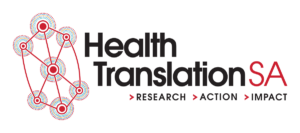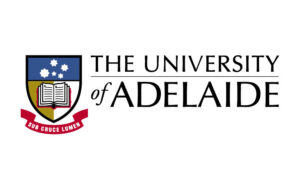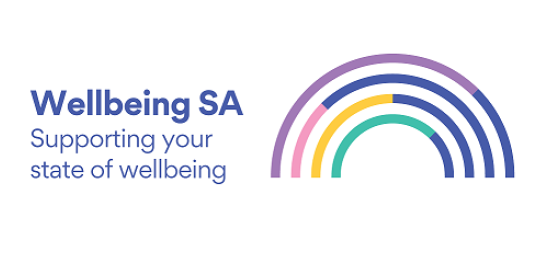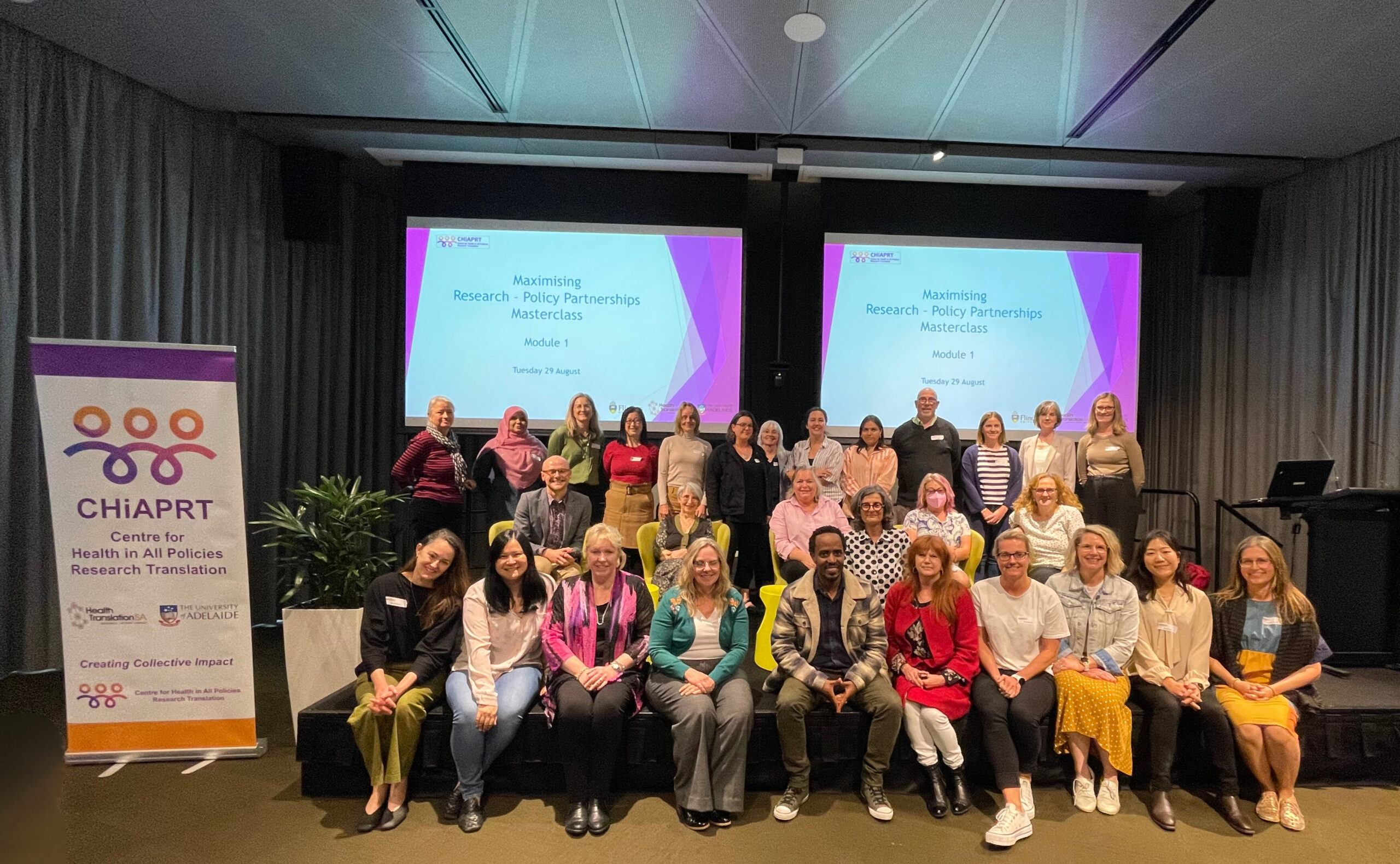Centre for Health in All Policies Research Translation



Collaborative, multi-sectoral policy approaches are recognised by the research community and the public sector as an essential approach to enabling delivery of healthy public policy and equitable health and wellbeing outcomes.
CHiAPRT aims to strengthen the capacity for a better, and more bidirectional approach to policy making by addressing the barriers associated with research-to-policy translation. Ultimately, the Centre translates these lessons to the wider research and government sectors at a national and global level.
Increasing collaboration between the decision makers and academics is essential as research evidence helps in identifying the problem statement, provides reliable solutions through similar examples, supports policy implementation and helps in impact and outcome evaluation of a policy. Research translation can also determine the cost-effectiveness of a policy, thereby improving efficiency and optimising expenditures when the policy is in practice.
The purpose of the Advisory Committee is to broaden engagement and help ensure that the work of the Centre for Health in All Policies Research Translation (CHiAPRT) is informed by and remains relevant to key actors. The advisory committee meets four times a year.
The core functions of the Advisory Committee are:







The CHiAPRT draws on implementation science theory and practice to build system wide capacity for research to policy translation to address the determinants of health and well-being and equity. This will be done by drawing on the four key components of research to policy translation strategies: Knowledge Sharing, Partnership Building, Knowledge Creation & Synthesis and Capability Development as outlined in the Mind Map below.

To improve our current understanding of what works in collaboration, the Centre conducted a survey designed to understand the challenges and opportunities when working with researchers and policy actors.
The centre is currently undertaking another survey of researchers and policy actors in collaboration with Healthy Environments and Lives (HEAL) network. The survey is open to all members of the HEAL Network and to relevant research, policy and practice affiliates, community members, community organisations and other interested stakeholders. Please click here to access further information and to participate in the survey.
 2023 Masterclass Cohort
2023 Masterclass Cohort
Capacity building and development is one of the four strategies utilised by CHiAPRT. The centre offers various trainings and skill building events for researchers and policy makers to build and expand on skills and improve the alignment between research and policy.
The masterclass is an interactive face to face short course for researchers, academics and policy actors and practitioners focusing on developing skills and expertise in collaboration for research- to- policy translation. The masterclass uses a learning by doing approach in the form of lectures, small group work, self-reflection, group discussion, and feedback from participants.
The Masterclass course is available annually. If you're interested in enrolling, please contact us using the information below to express your interest in the upcoming Masterclass sessions.
2023 Masterclass Testimonials
Policy Maker
I highly recommend this masterclass for any policy practitioner looking to increase their skills and knowledge in the important area of research translation. The insights I gained from a researcher’s perspective will certainly influence the way I think about, and apply, evidence-based policy making in my work, especially the importance of relationship skills to foster a partnership approach. There was a good balance of practical case examples and theory, and an interesting range of guest speakers. A thoughtful and well put together curriculum. Carmel is a highly knowledgeable and engaging facilitator.
Elizabeth Lyster, Manager Policy and Projects | Communities and Justice| Department Human Services
Researcher
The Research Policy Partnerships Masterclass run by Carmel was brilliant! There was a great mix of researchers and policy makers in the room which helped to bring out the nuance and understanding of the needs and limitations (frustrations!) experienced by both groups in their daily work activities. My key takeaway and going forward in my own work, developing clear and impactful small sound bites of our research, and working with relevant stakeholders in a co-design manner to developing research questions that help to address policy and provides value will be at the forefront in developing the research strategy for our research group.
Dr Cecilia Ng, Research and Clinical Trials Network Manager | University of New South Wales
Considering the feedback gathered from participants in our past masterclass rounds, CHiAPRT is in the process of creating an online, self-paced MOOC course focused on research policy translation. Additional details will be made available on the website once the course is ready for enrolment.
The In Conversation: Boundary, Spanners, Thinkers and Policy Actors provides a platform for researchers, policy actors and implementation experts. They will elevate discussion on emerging issues and ideas, with a specific focus on the interface between research and evidence and policy options and processes.
The In conversation Roundtables will be convened by the CHiAPRT in partnership with Health Promotion International. Content of the Roundtable discussions will be produced into a podcast that will be shared across social media platforms, and the key messages of each Roundtable will be summarised into a policy brief that will be published in Health Promotion International.
Read the In Conversation: Boundary Spanners, Thinkers and Policy Actors Policy Brief
Episode 1: The Wellbeing Economy
This first In Conversation Round Table explores The Wellbeing Economy- including the opportunities and risks associated with the concept. The Wellbeing Economy is an alternative concept that focuses on restoring the harmonious relationship between society and nature, ensures a fair distribution of resources and ultimately leads to a healthier community.
Read the In Conversation: The Wellbeing Economy Policy Brief
Episode 2: The Commercial Determinants of Health
This second In Conversation Round Table explores the commercial determinants of health. In this episode we aim to better understand the commercial determinants of health, and their implications on the health of our communities, the economy and market approaches. The episode will also explore the potential for change within current economic and political forces.
Read the In Conversation: The Commercial Determinants of Health Policy Brief
Episode 3: The Geneva Charter: Realising Societal Well-being
For this special episode of the In Conversation Round Table we have also partnered with the World Health Organisation to convene the Geneva Charter: Realising Societal Well-being. The Geneva Charter for Well-being presents a significant change agenda and path forward to respond to the global social, health, environment and equity challenges facing society. Throughout this episode we will explore the Geneva charter and how it paves the path forward to greater global social, health and environmental wellbeing and equity and what countries are doing to put the charter into action.
Policy Brief: Advancing the Geneva Charter for well-being-Practical strategies for change
Episode 4: Trees, climate change and health
In this, the fourth episode of the In Conversation Roundtable we discuss trees, climate change, and health. The session explores the role that trees and green space can play in addressing some of the challenges associated with climate change and at the same time deliver improved population health, wellbeing and equity outcomes. Response to these challenges requires new approaches such as environment or nature in all policies approaches. Nature in all policies is a collaborative approach of working across government sectors to achieve public policy outcomes that deliver benefits to all sectors. The Trees, Climate Change and Health episode brings academics from diverse disciplines, policy makers from multiple government sectors and community together to prioritise and focus efforts on the environment and health.
Read the in conversation: Trees, Climate Change and Health Policy Brief
Episode 5: The importance of ‘place’ and its influence on rural and remote health wellbeing
The Centre for Health in All Policies Research Translation (CHiAPRT) and the National Rural Health Alliance have partnered to convene the Importance of ‘Place’ and its influence on rural and remote health and wellbeing webinar.
The round table discussion focuses on the crucial role of ’Place’ as a cultural determinant of health and wellbeing. It explore’s how the health system, including health promotion, can actively contribute to creating supportive environments and places that foster opportunities to promote health and wellbeing among individuals residing in rural and remote locations. ‘Place’ is a critical enabler of maintaining a healthy life, however, current trends have led to a reduction in local-level services, social capital, and resources. The discussion explores ideas and strategies for reversing these trends and identify ways in which communities in rural and remote locations can regain access to essential healthcare and health promotion services and resources.
Sponsored by Green Industries SA and facilitated through the Centre for Health in All Policies Research Translation, Dr Katherine Trebeck visited Adelaide from the 19th-20th of September and delivered a variety of presentations, including a private presentation for SA Health. The Centre for Health in All Policies Research Translation worked closely with Katherine and other organisations to develop and deliver the many different aspects involved in the visit.
Dr Katherine Trebeck is a highly regarded political economist, writer, and advocate for economic system change, as well as being well versed in economic policy and development. She is currently the writer-at-large at the University of Edinburgh, and has Bachelor Degrees in Economics and Politics, as well as a PhD in Political Science. She sits on a variety of boards and advisory groups, including the C40 Centre for Urban Climate Policy and Economy and the Centre for Understanding Sustainable Prosperity.
Summary of Katherine Trebeck's Visit
Please fill this form and our team will contact you.